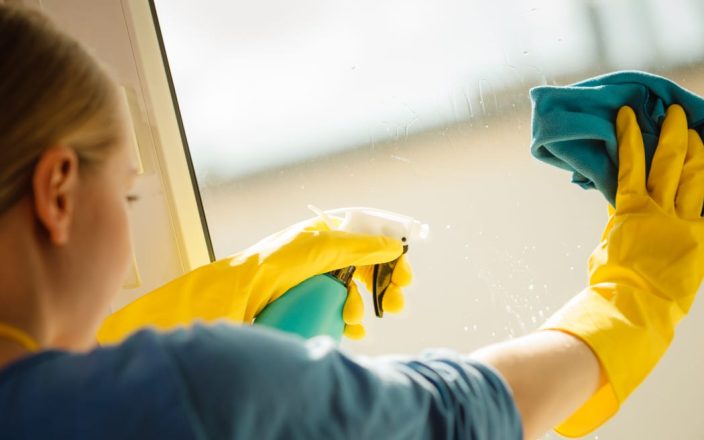Rental inspections can be annoying for tenants, who often worry about how clean their home needs to be. Landlords or property managers check for cleanliness, damage, and that appliances are working. Jessica Currie from Ray White says inspections help protect tenants from unfair claims when they leave.
Zanian Steele from Renters United points out that some landlords lack knowledge about their responsibilities, especially smaller landlords. During an inspection, property managers will look for general cleanliness, but it doesn’t need to be perfect, like a hotel. For example, a few crumbs or a bit of dust is acceptable.
However, tenants may need to leave the property in better condition when they move out. Landlords can take photos during inspections, but they shouldn’t photograph personal items unless necessary. Inspections are also an opportunity for tenants to report any maintenance issues.
Inspections can happen between 8 am and 7 pm for rentals and 8 am to 6 pm for boarding houses. Tenants must be informed at least 48 hours before an inspection. Also, tenants should not have to clean the outside of the property; that is the landlord’s job.
If tenants have pets or use the property in a certain way, they might be responsible for cleaning specific areas. For example, if a BBQ caused a mess on a deck, the tenant may be asked to clean that area.
Property managers may open cupboards to check for leaks but should respect the tenant’s privacy. It’s important for landlords to notify tenants if they want to check areas where personal items are stored.
Tenants should not be forced to pay for professional cleaning unless it is stated in a lease, and they don’t need to worry about normal wear and tear on the property. Issues like worn flooring or minor stains from regular use are considered fair wear and tear, while intentional damage is not.
Understanding rights and communicating with landlords is vital for tenants. They should document any issues with pictures and emails. If problems arise that can’t be resolved, tenants can seek help from the Citizens Advice Bureau or the Tenancy Tribunal.
Regular inspections help keep track of how a property is maintained and can protect tenants from unfair claims. This ensures that any wear and tear is acknowledged, avoiding surprises at the end of a tenancy.





























































